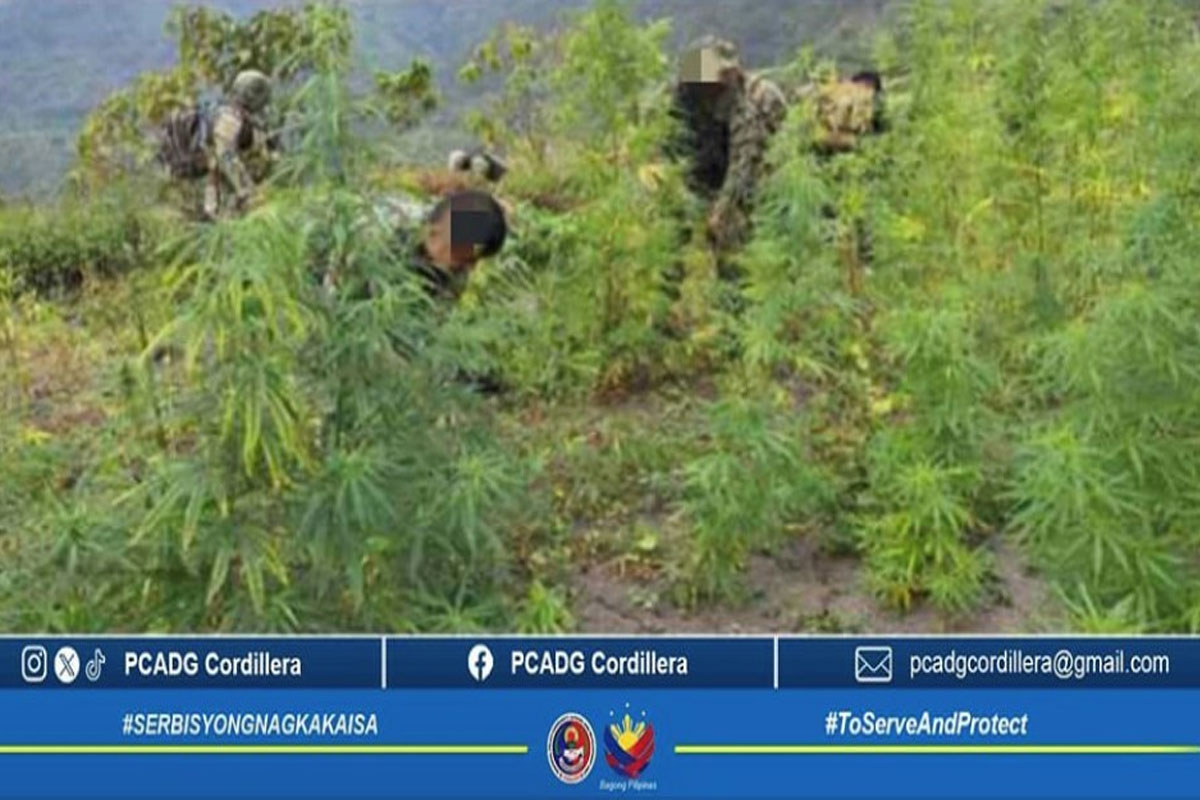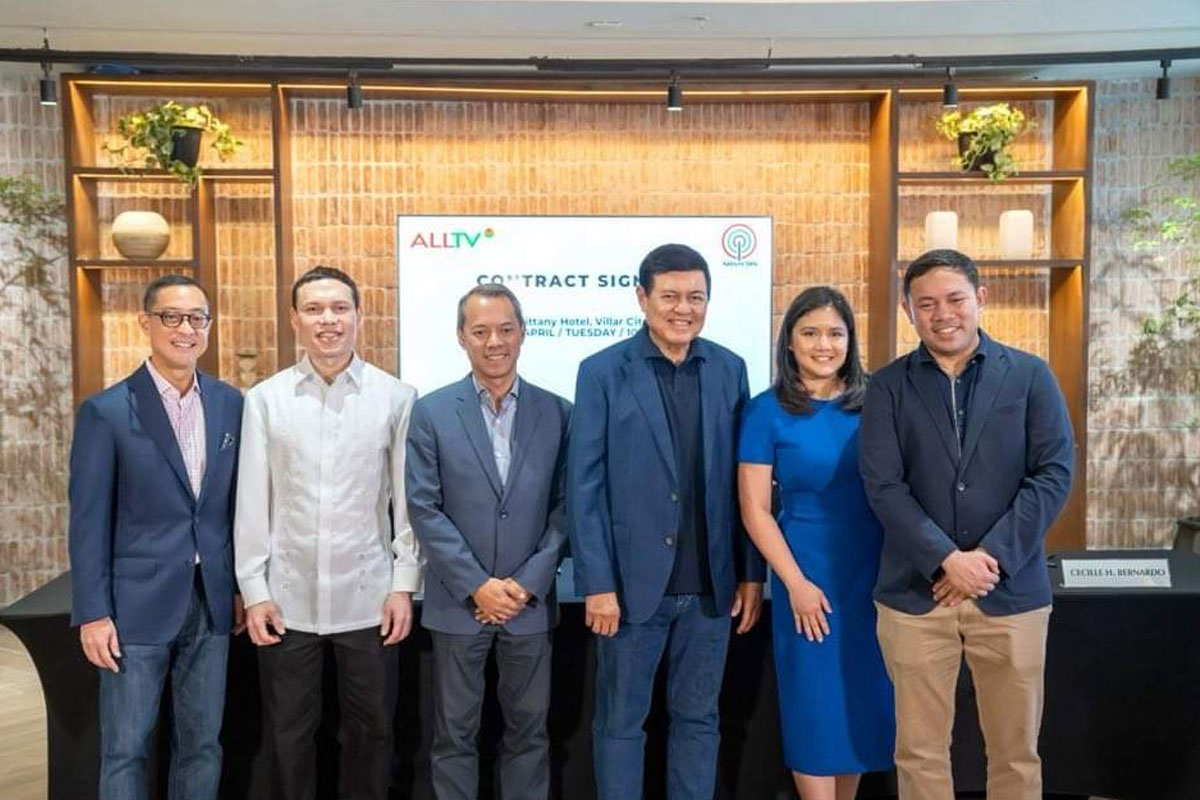
SSS, GSIS, PhilHealth urged to support adoption, child care law
GOVERNMENT agencies such as Social Security System (SSS), Government Service Insurance System (GSIS), and PhilHealth (Philippine Health Insurance Corporation) have been urged to support the implementation of a law that administers the adoption and alternative child care.
Republic Act 11642 was signed into law by former President Rodrigo Roa Duterte.
Northern Samar Representative Raul Daza, one of the principal authors, said government agencies must show support and recognize the role of adoptive parents.
The law provides for the enjoyment by adoptive parents of benefits that are also enjoyed by biological parents including maternity and paternity leaves.
“We trust our partner agencies will support the objectives of this legislation, and together, recognize the important role of adoptive parents who are ultimately going to bring up children as if they are their own flesh and blood,” Daza during the signing of the law’s implementing rules and regulation (IRR).
“It’s not an easy feat; it is a life-changing decision. In fact, we know of sad stories of parents leaving their children behind. And here we are, we have wonderful couples or single individuals who are willing to care for those abandoned or neglected children. Giving them these benefits is nothing compared to the noble act they commit to,” the solon added.
Given full support in both Houses, the legislation was filed and enacted within the same Congress, which is considered a feat in itself.
“This is a big victory for all prospective parents and children who have been waiting for the chance to build a family but are facing difficulties with the previous system of adoption, which, of course, involved judicial proceedings that took several years and huge expenses,” Daza stated.
The representative also highlighted that the law not only gives better chances for adoptive children this also helps ensure clear procedures for helping abused or neglected children.
He said the law recognizes that children live in “traditional” families, with both parents at home, but sadly, they had to experience deep emotional and physical pains on a day-to-day basis.
“And so, this legislation is also for them. We do not only wish to match prospective parents with prospective children; we also wish to ensure that all Filipino children are living in homes that are truly safe, loving, and happy,” Daza added.
The solon also reflected on the importance of adoption telling (or revealing the adoption to children). He cited research in the US that shows that adolescents who have ongoing contact with their birth parents are more satisfied with their adoption than those without contact.
“With science backing it up, we are proud to have considered this in the law by requiring adoption telling through Sections 19 and 20,” Daza highlighted.
The representative also encouraged everyone to look at the role of society at large, including the educational system and media asking, “Are our adoptive children going to be safe in a world that is now dealing with the negative impacts of social media? Will the adoptive children be safe from bullying at school?”
He shared that through Section 54 of the law, labeling, shaming, bullying, and other discriminatory acts that might be committed against adopted children are prohibited.
He then commended the Department of Social Welfare and Development (DSWD) and the newly created National Authority for Child Care for their efforts in ensuring the enactment of the law.















